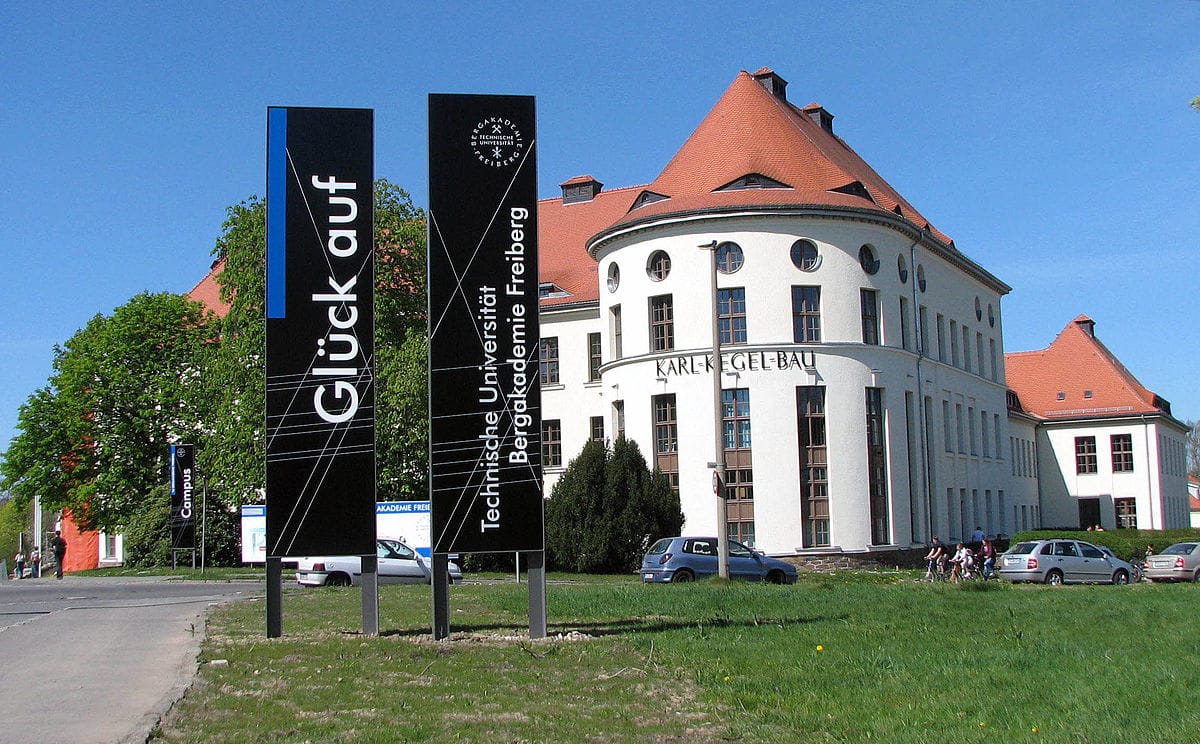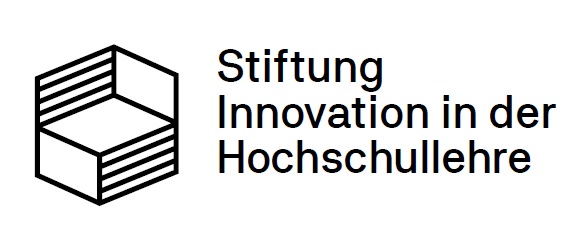Technical University of Bergakademie Freiberg

According to the core fields - geology / geography, material, energy and environment - the university, founded in 1765, trains economists, natural and engineering scientists in the context of the extraction, processing and sustainable use of resources. Over 4,000 students in 69 courses of study receive scientifically sound and practice-oriented training that is largely based on independent experimental work. According to the guiding principle of “studying research”, chemistry students, for example, work 50 percent of their time in the institute's laboratories.
In the first QPL funding period, the Association for Teaching Practice in Transfer (LiT) expanded the program of the University Didactic Center Saxony with subject-related offers and with a view to the use of media in teaching, as well as supplementary offers for teaching collaborations. In the associated individual project of the TU Bergakademie - "Measures for successful studies at an internationally oriented resource university (MESIOR)" - methods of cooperative design of teaching materials in particular were developed and tested. As part of an HSP III project, this vision was transferred to the promotion of self-organized learning using a didactic technical extension of the learning management system (LMS) used.
In the course of the digitization of teaching and the associated challenges (e.g. increasing heterogeneity of the student body, mobility, internationalization), the established laboratory concepts are also constantly being further developed. The central goal is to anchor digital laboratories in teaching across the university and to implement them as an effective supplement to practical face-to-face events. The faculties are accordingly active in the development and testing of digital laboratory concepts. Lighthouses are web-based laboratories (technical chemistry, adaptive manufacturing) that are used from the Freiberg location, across universities by partners from Europe, Africa and Asia. These are further developed in the context of national (BMBF[1], state funding) and international projects (DAAD[2]). In this context, in particular didactic formats of internal and inter-university teamwork of students are followed and investigated which levels of intervention are given for the lecturer at this point.
Hawlitschek, Anja; Berndt, Sarah; Dietrich, André; Zug, Sebastian, Iterative Adaption eines Remote-Labors unter Berücksichtigung des Feedbacks der Studierenden, in Labore in der Hochschullehre, 2020 ↩︎
Zeidler, H., Geipel, T., Nitzsche, S., Zelenskyi, A.: Computergestützte Lehr- und Lernumgebung für die Planung von Prozessen der Serienfertigung; Scientific Reports Digitalisierung in Industrie und Gesellschaft - Arbeiten und Leben im Umfeld der 4. Industriellen Revolution, Nr. 3 (2018) Pages 247-250, ISSN 1437-7624 ↩︎

